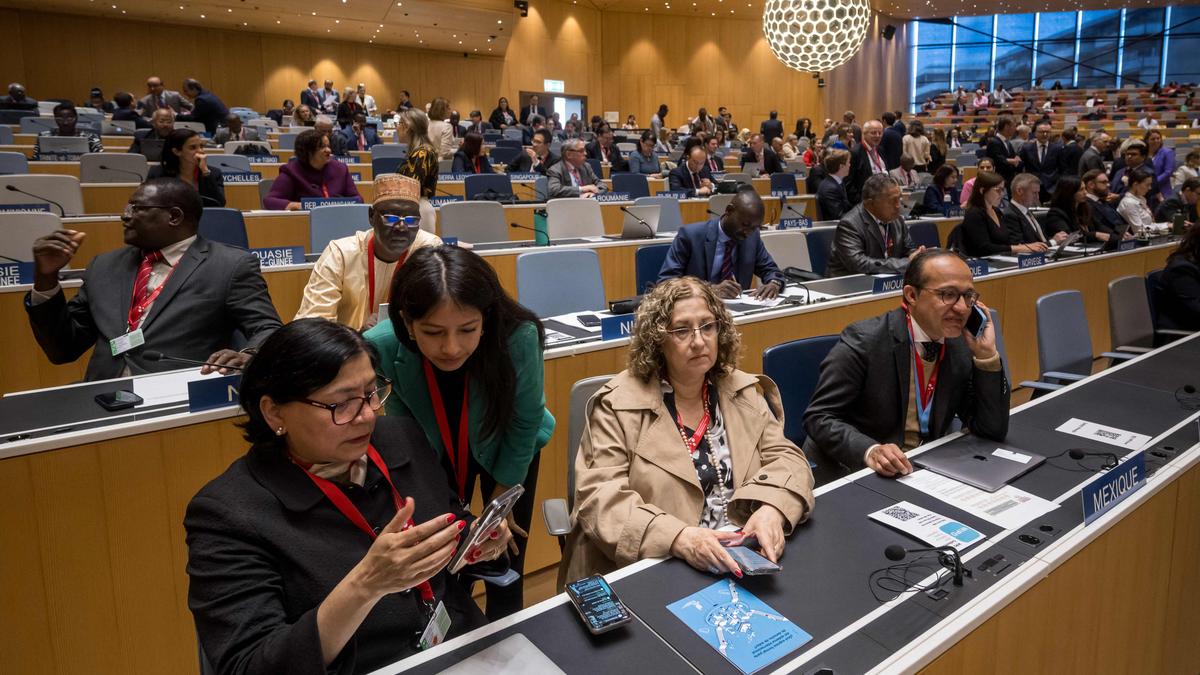
WIPO concludes new treaty to protect genetic resources, traditional knowledge; India plays key role
The Hindu
Members of WIPO have concluded an agreement under which it will be mandatory for patent applicants to disclose country of origin or source of genetic resources.
Members of Geneva-based World Intellectual Property Organization (WIPO) have concluded an agreement under which it will be mandatory for patent applicants to disclose country of origin or source of genetic resources if the claimed invention is based on those materials or associated traditional knowledge.
The treaty will provide additional protection for Indian genetic resources and traditional knowledge. Although these are currently protected within India, they are prone to misappropriation in countries, which do not have disclosure obligations.
The current patent legislation does not have a mandatory provision requiring patent applicants to disclose the country of origin or source in case where the invention is based on genetic resources.
At present, only 35 countries have some form of disclosure obligations, most of which are not mandatory and do not have appropriate sanctions or remedies in place for effective implementation.
The new treaty was adopted on May 24 at the WIPO headquarters in Geneva after 192 countries and 86 observers participated in the two-week negotiations from May 13-24 at a Diplomatic Conference.
This treaty will require contracting parties, including the developed world, to bring changes in their existing legal framework for enforcing disclosure of origin obligations on patent applicants.
Genetic resources (GRs) are present in things like medicinal plants, agricultural crops, and animal breeds. While genetic resources themselves cannot be directly protected as intellectual property, inventions developed using them can, most often through a patent.











